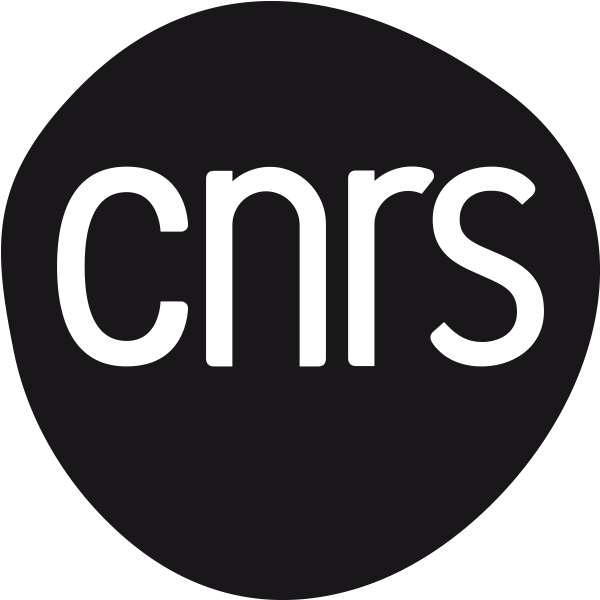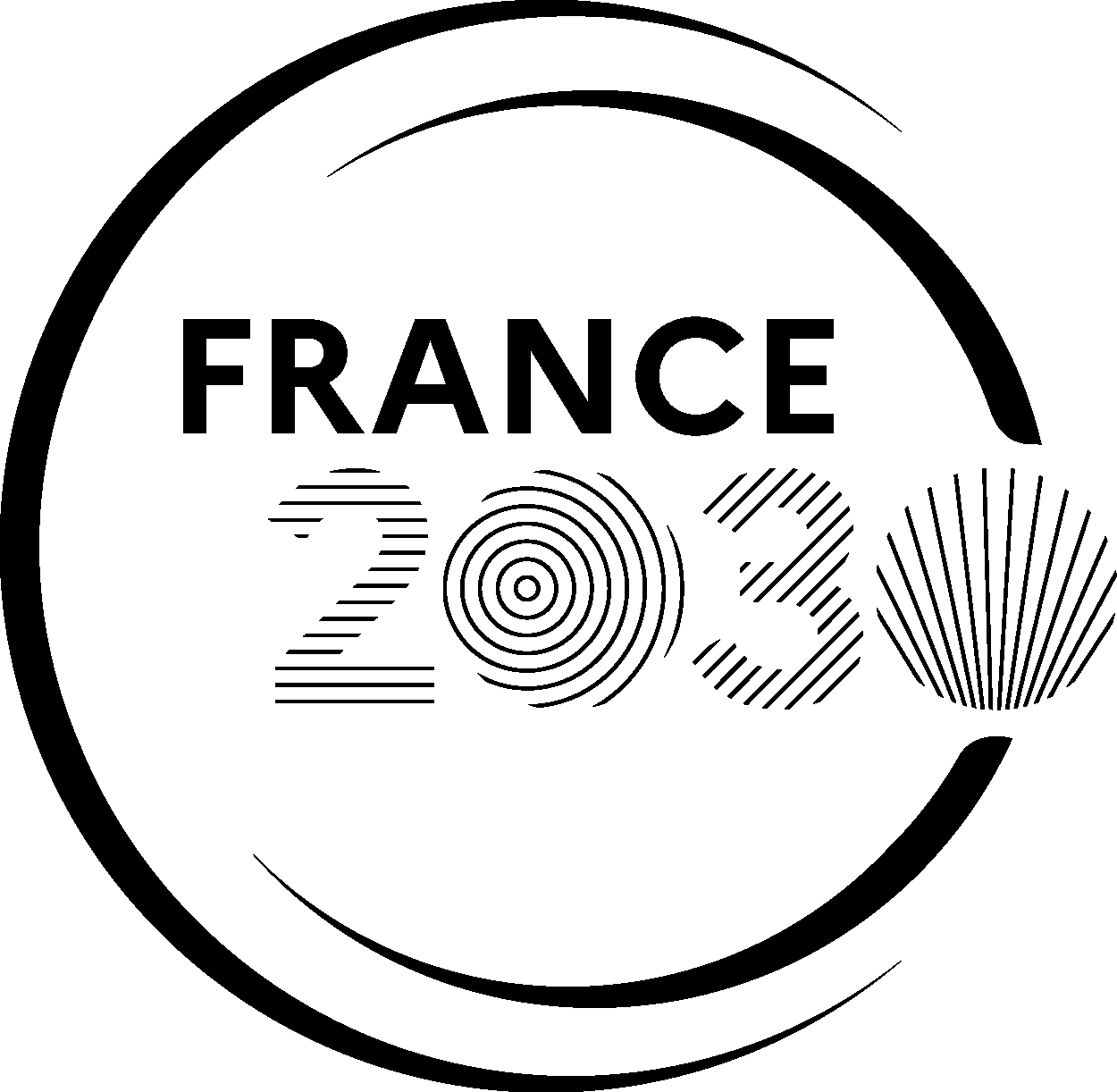

None of the existing interdisciplinary projects about ethics focuses on literature and arts. The main fields of research are usually philosophy, theology (spiritual dimension) or the field of medical humanities (applied ethics or “practice”). Lethica will therefore offer an original and innovative perspective by showing the contribution of literary and artistic reflexion on ethical issues (Leichter- Flack, 2013). Ethics, literatures and the arts are subject to contrasting views: some argue that literature addresses ethical questions (Nussbaum, 1990; Davis & Womack, 2001), and that the arts represent, exemplify or even resolve ethical issues (Laugier, 2006; Bouveresse, 2008). However, others criticize and deconstruct those ethical stands (Pareto, 1911; Johnson 1980, Harpham 1992). Lethica is precisely based on the initial hypothesis that creative practices and the resulting works of art are essentially spiritual exercises, experiences of thoughts, laboratories opened to conscience and imagination. Their cognitive dimension, therefore, should not be reduced to the line of arguments and examples they display, as has been suggested by many philosophers, historians and various specialists in human and social sciences, who often tend to consider those works as mere documents and repertoires. Literary and artistic productions call for a logic that exceeds the mere exposition or demonstration: instead they lean towards narrative imagination, figuration, poetic and musical expressivity and various forms of bodily expressions, in order to develop specific ways of thinking. Productions in art, literature and design do carry out “intentions” by shaping an intricate array of emotions and ideas and by leading their creators, readers, auditors or spectators to explore alternative paths, voices and ways of life. Therefore they should not be dissociated from an ethical perspective. The related critical work should also become an “ethical criticism”, examining as a priority how literary and artistic works, through their very own composition and style, deal with ethical questions and concepts. Their handling of these issues contributes to their reception as artistic and literary works as well as to their conversion into critical and therapeutical social resources. Steps should therefore be taken to analyse the history of literary and artistic forms from Antiquity to the present day, searching for discursive or enunciative strategies, for linguistic and disciplinary practices designed to conduct an ethical reflexion and/or to heal. The crucial importance of narrative patterns in every ethical relation and decision, especially in care relationships, should not be overlooked.


